Why Palestinians aren't fleeing Gaza during Israel's bombardment
Israel has urged Palestinians to evacuate northern Gaza as it fights to destroy Hamas, but lots of Palestinians are staying put
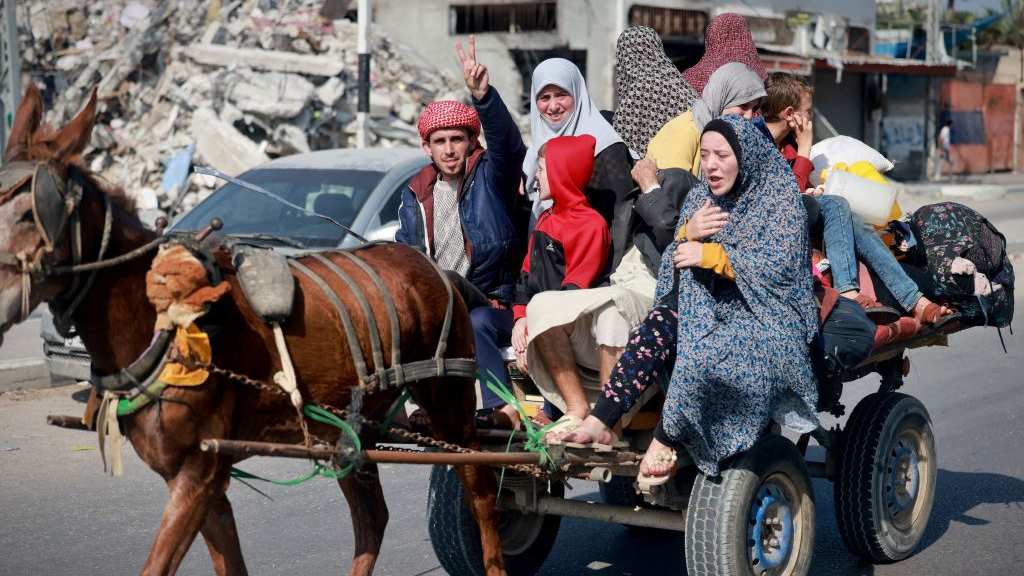

Israel's military has cut the Gaza Strip into northern and southern halves as it surrounds Gaza City and other northern parts of the Palestinian enclave in its campaign to destroy Hamas. The Israel Defense Forces (IDF) continue to bomb dense urban areas in northern Gaza — apparent airstrikes hit the Al Maghazi community early Sunday and the IDF flattened part of another former refugee camp, Jabaliya, on Oct. 31, killing dozens of civilians and wounding hundreds, according to the Gazan Health Ministry.
The health ministry, part of Gaza's Hamas-led government, said more than 10,000 Palestinians have died since Israel launched its war in response to Hamas' Oct. 7 attack on civilians in southern Israel. The World Health Organization said Sunday that between bomb damage and dire shortages of fuel and supplies, 14 Gaza hospitals are no longer operating. Israel says Hamas has built underground command centers beneath hospitals as part of its strategy of hiding behind civilians.
Israel also insists it is trying to minimize civilian casualties and points out that it has urged Palestinians to evacuate to southern Gaza for weeks, using millions of dropped pamphlets, text messages and robocalls to warn civilians there are no safe places around Gaza City. The IDF said it halted its bombardment for several hours each day over the weekend to allow civilians safe passage south along the main highway. "Not only are we telling them where to go, but we're also helping and creating much better humanitarian conditions in the south," Lt. Col. Jonathan Conricus told CNN late Sunday.
Subscribe to The Week
Escape your echo chamber. Get the facts behind the news, plus analysis from multiple perspectives.

Sign up for The Week's Free Newsletters
From our morning news briefing to a weekly Good News Newsletter, get the best of The Week delivered directly to your inbox.
From our morning news briefing to a weekly Good News Newsletter, get the best of The Week delivered directly to your inbox.
Lots of civilians remain in the north.
Why aren't Palestinians evacuating to southern Gaza?
Palestinians who have been able to travel south say it's not much better there, nor is it safe from Israeli bombs.
Israel has allowed dozens of trucks to deliver food, medicine, and water through Gaza's southern Rafah border crossing with Egypt, though Palestinians and international aid groups say the deliveries are sorely inadequate to address the growing humanitarian crisis. Hospitals up north say they can't evacuate unstable patients or infants in incubators, or abandon the hundreds of civilians seeking safety in the hospital. The United Nations says there's no room in its shelters in the south and evacuees are sleeping on the streets outside.
A Palestinian correspondent told the Los Angeles Times that he took his family from Gaza City south after the bombing got intense, returned north because the conditions there "were so bad, it was bahdala — a humiliating mess," with no water, electricity or hygiene at the overcrowded shelters — then fled south again, only to find that nobody would rent to northerners out of fear it would put an IDF target on their apartment.
Some would-be evacuees said the trip south is too hard due to the lack of fuel or too dangerous. "I want to leave but I don't want to lose my life on the way," Gaza City resident Ahmed Ferwana, 63, told The New York Times by phone. "It's better to die at home than to die in the street." The IDF says Hamas is preventing Gazans from traveling south.
Can Palestinians evacuate the Gaza Strip?
Egypt is allowing some injured Palestinians through the Rafah crossing, and foreign nationals or people with dual citizenship are being let out, but otherwise, Gaza residents are trapped inside the coastal enclave.
And hanging over everything is what Palestinians call the "Nakba," or the mass expulsion of some 700,000 Palestinians from their homes in 1948, during the creation of Israel, as political scientist Farid Abdel-Nour explained to The Washington Post.
Lots of Palestinians say they fear if they leave their homes in northern Gaza, or even southern Gaza, they will never be allowed back. Israel fueled those fears with an Oct. 13 Intelligence Ministry report that proposed transferring the Gaza Strip's 2.3 million Palestinians to Egypt's Sinai peninsula, The Associated Press reported. Israel's government downplayed the report as a "concept paper" from a junior ministry, but it is also privately promoting the idea to foreign governments, the Times reported. Certainly, Palestinians and Egypt's president are taking the risk seriously.
"We are against transfer to any place, in any form, and we consider it a red line that we will not allow to be crossed," said Nabil Abu Rudeineh, spokesman for Palestinian President Mahmoud Abbas. "What happened in 1948 will not be allowed to happen again." Egyptian President Abdel Fattah el-Sisi and President Joe Biden agreed to commit to "ensuring that Palestinians in Gaza are not displaced to Egypt or any other nation," Biden said on Oct. 29.
A free daily email with the biggest news stories of the day – and the best features from TheWeek.com
Peter has worked as a news and culture writer and editor at The Week since the site's launch in 2008. He covers politics, world affairs, religion and cultural currents. His journalism career began as a copy editor at a financial newswire and has included editorial positions at The New York Times Magazine, Facts on File, and Oregon State University.
-
 Book reviews: 'Clint: The Man and the Movies' and 'What Is Wrong With Men: Patriarchy, the Crisis of Masculinity, and How (Of Course) Michael Douglas Films Explain Everything'
Book reviews: 'Clint: The Man and the Movies' and 'What Is Wrong With Men: Patriarchy, the Crisis of Masculinity, and How (Of Course) Michael Douglas Films Explain Everything'Feature A deep dive on Clint Eastwood and how Michael Douglas' roles reflect a shift in masculinity
-
 Recreation or addiction? Military base slot machines rake in millions.
Recreation or addiction? Military base slot machines rake in millions.Under the Radar There are several thousand slot machines on military bases
-
 How is AI reshaping the economy?
How is AI reshaping the economy?Today's Big Question Big Tech is now 'propping up the US economy'
-
 How China uses 'dark fleets' to circumvent trade sanctions
How China uses 'dark fleets' to circumvent trade sanctionsThe Explainer The fleets are used to smuggle goods like oil and fish
-
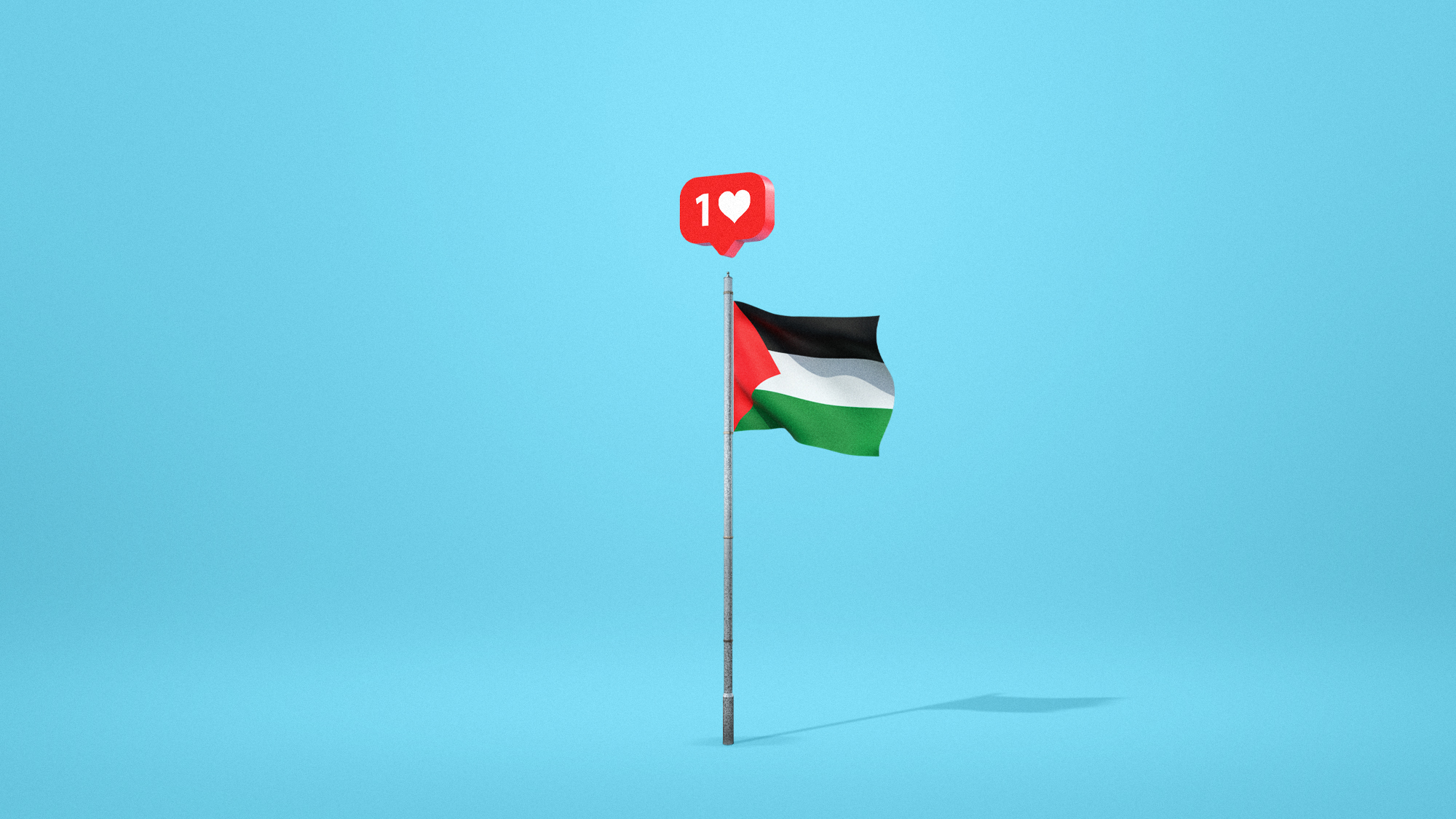 The countries that have recognized Palestinian statehood
The countries that have recognized Palestinian statehoodThe Explainer The United Kingdom has become the latest country to weigh in on the issue
-
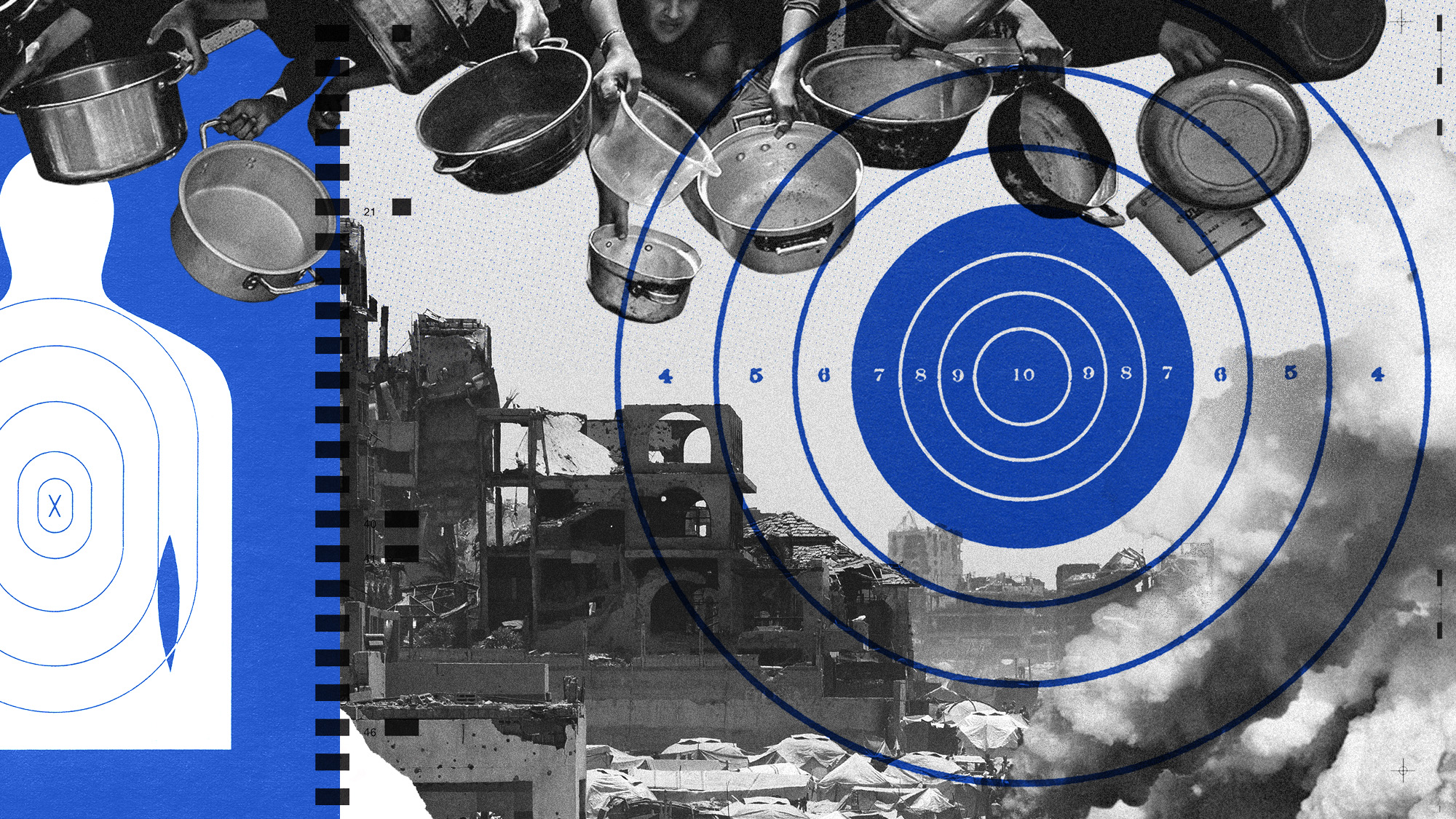 Israeli NGOs have started referring to Gaza as a 'genocide' — will it matter?
Israeli NGOs have started referring to Gaza as a 'genocide' — will it matter?TODAY'S BIG QUESTION For the first time since fighting began in 2023, two Israeli rights groups have described their country's actions in the Gaza Strip as 'genocide' while famine threatens the blockaded Palestinian territory
-
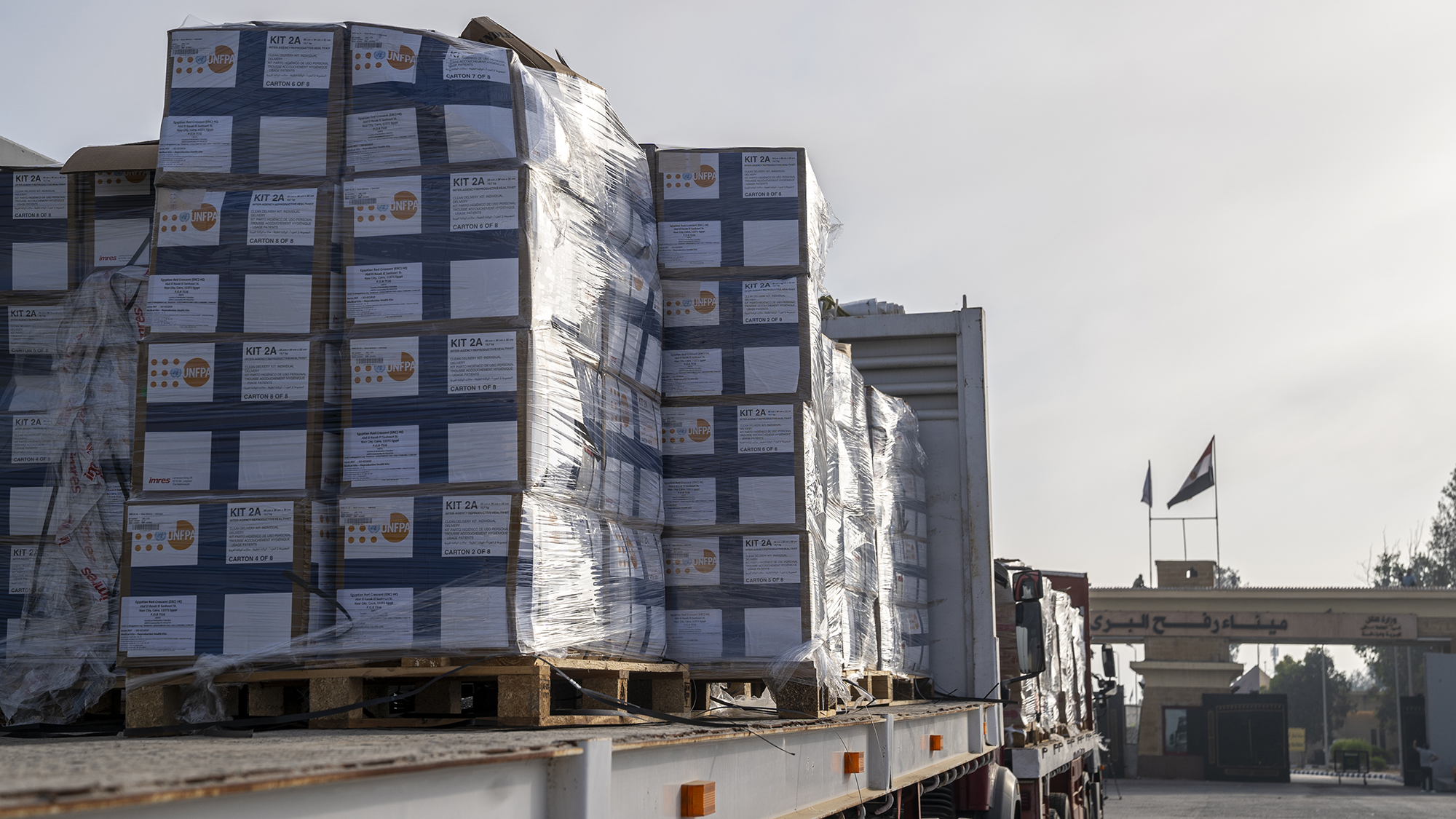 Israel 'pauses' Gaza military activity as aid outcry grows
Israel 'pauses' Gaza military activity as aid outcry growsSpeed Read The World Health Organization said malnutrition has reached 'alarming levels' in Gaza
-
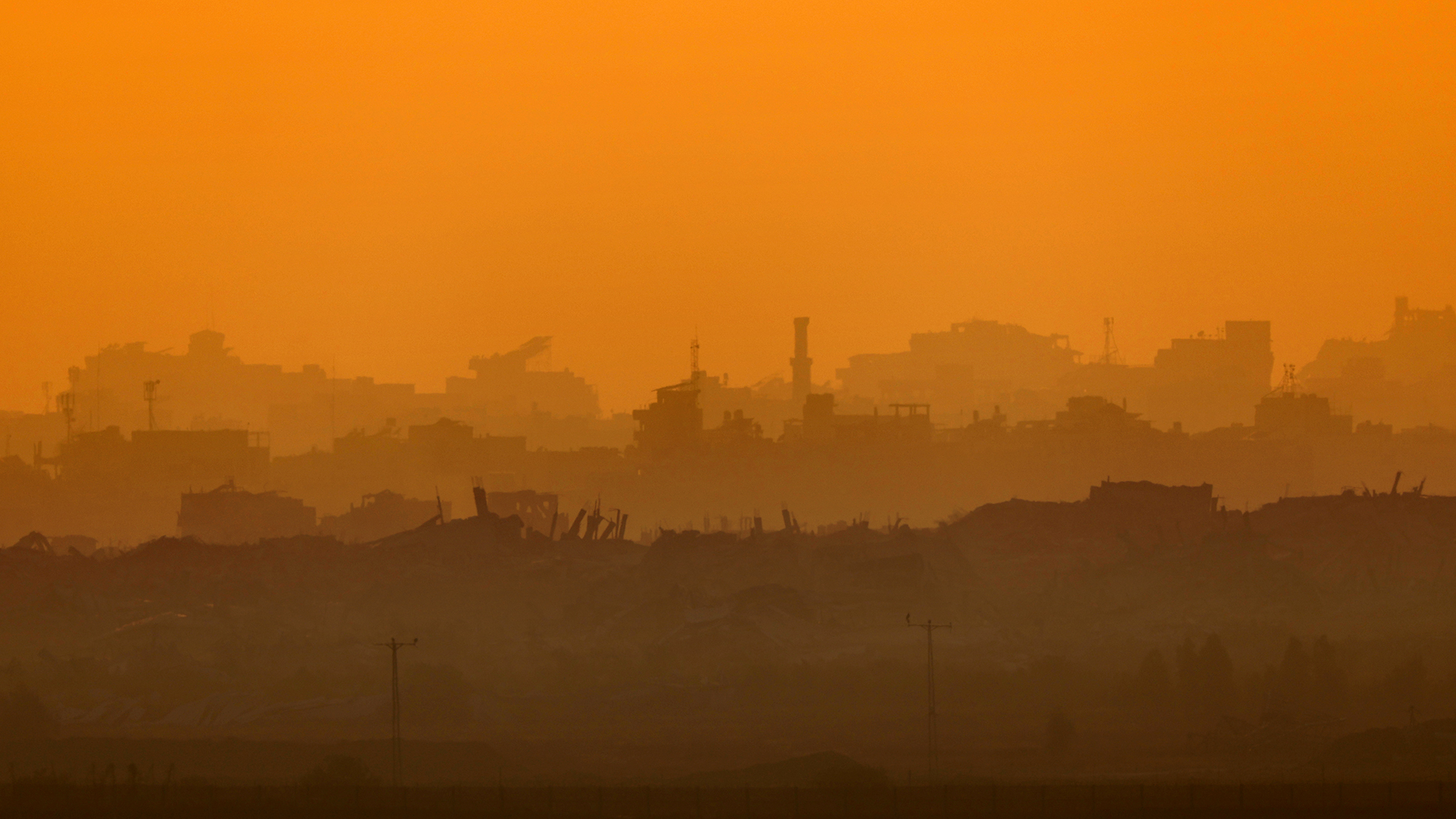 28 nations condemn Israel's 'inhumane killing' in Gaza
28 nations condemn Israel's 'inhumane killing' in GazaSpeed Read Countries including Australia, France, Japan and the U.K. have released a joint statement condemning Israel's ongoing attacks
-
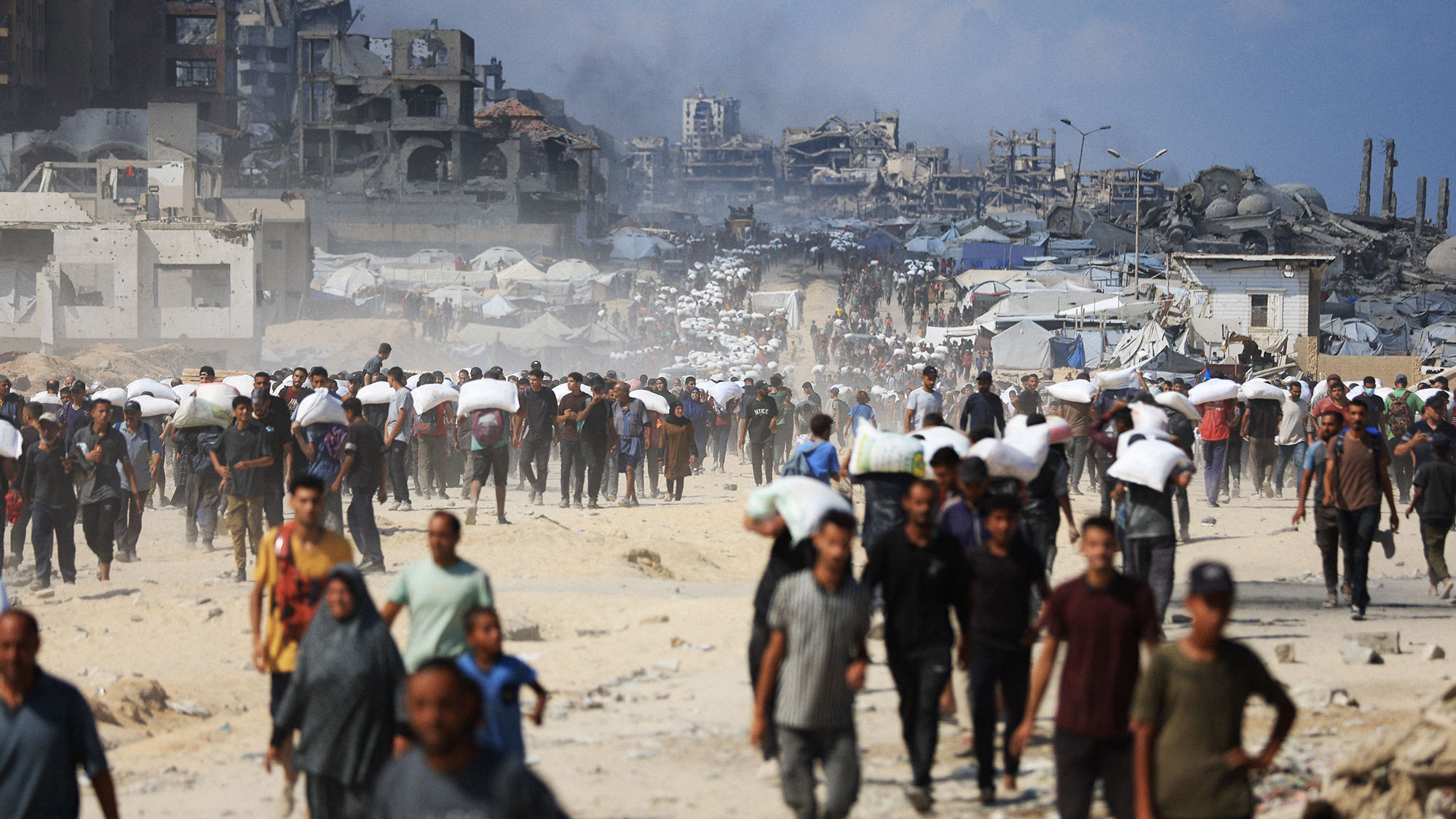 Israeli gunfire kills dozens at Gaza aid site
Israeli gunfire kills dozens at Gaza aid siteSpeed Read The U.N. estimates that at least 875 Palestinians have died while trying to access food in recent months
-
 The return of the Houthis: violence in the Red Sea
The return of the Houthis: violence in the Red SeaIn the Spotlight The Houthis are back with their strongest attack yet
-
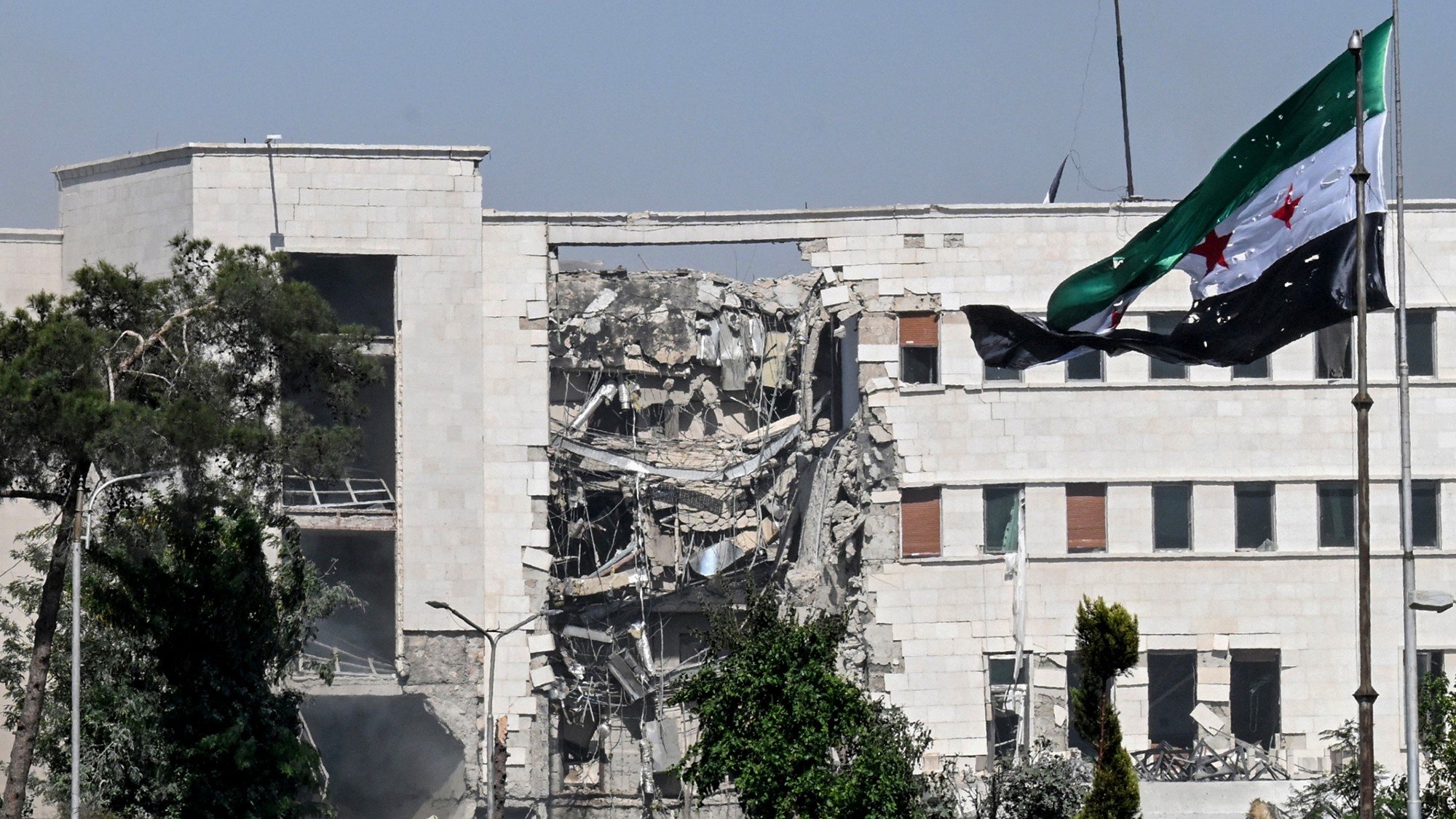 Rubio says US brokered end to Syria conflict
Rubio says US brokered end to Syria conflictSpeed Read Syria's defense ministry was targeted in Israeli attacks on the capital

